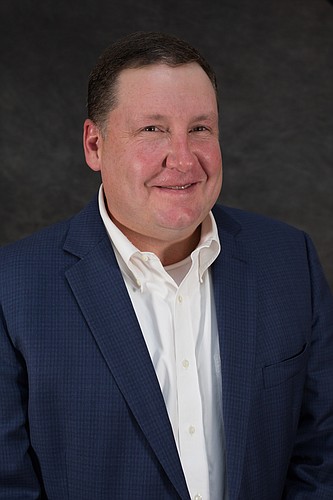- January 15, 2025
-
-
Loading

Loading

The west coast of Florida regional office for Cbiz, a financial services and benefits and insurance company, was having a stellar year — up until the coronavirus pandemic. “The economy was going fantastic, and then it was like the ripcord was pulled out,” Florida West Coast Cbiz President Keith Mercier says, echoing the thoughts of many other executives and entrepreneurs.
The flipside is Cbiz, in the first month of the pandemic at least, is busier than ever — not in closing deals or adding clients but in a form of insurance triage. “We are getting a ton of questions, and sometimes the answer is we don’t know,” Executive Vice President Patrick Wright says. “It’s like the Wild West out there right now.”
One of the main issues up on the air is business interruption insurance. Although nearly every business has been interrupted in some way due to the impact of COVID-19, interruption insurance traditionally covers total shutdowns caused by a natural disasters. Mercier says he will file business interruption insurance for clients but believes, short of state legislation changes, it’s a long shot for many policyholders.

In the meantime, the Cbiz team have contacted every client, with the goal of helping them lower insurance premiums in real-time. Suggestions include:
• Exposure review: Because many insurance policies are rated on annual revenues and payroll, an important step is to lower the payroll and revenue figures now. “The carrier will adjust your billing, thus lowering your premium until the economy rebounds and you can adjust those figures back up,” the firm wrote in an email to clients. “This move will help your cash flow position now.”
• Coverage changes: Businesses that have altered business models should review current coverage provisions. “For example, if you are now offering delivery, or your employees are working from home, you would want to have hired and non-owned automobile coverage listed on your policy,” Mercier writes. “This coverage extends automobile liability to autos that are driven by your employees on behalf of your business.”
Other suggestions include speaking with employees about being vigilant about cyber scams — they are on the rise in the pandemic — and a thorough compliance review in lieu of new legislation to help businesses.
For everything else, Mercier and Wright are like most other executives, navigating the crisis day-by-day. “Everyone is trying to predict what’s going to happen,” Mercier says, “and the only thing the crystal ball shows is it’s cloudy.”